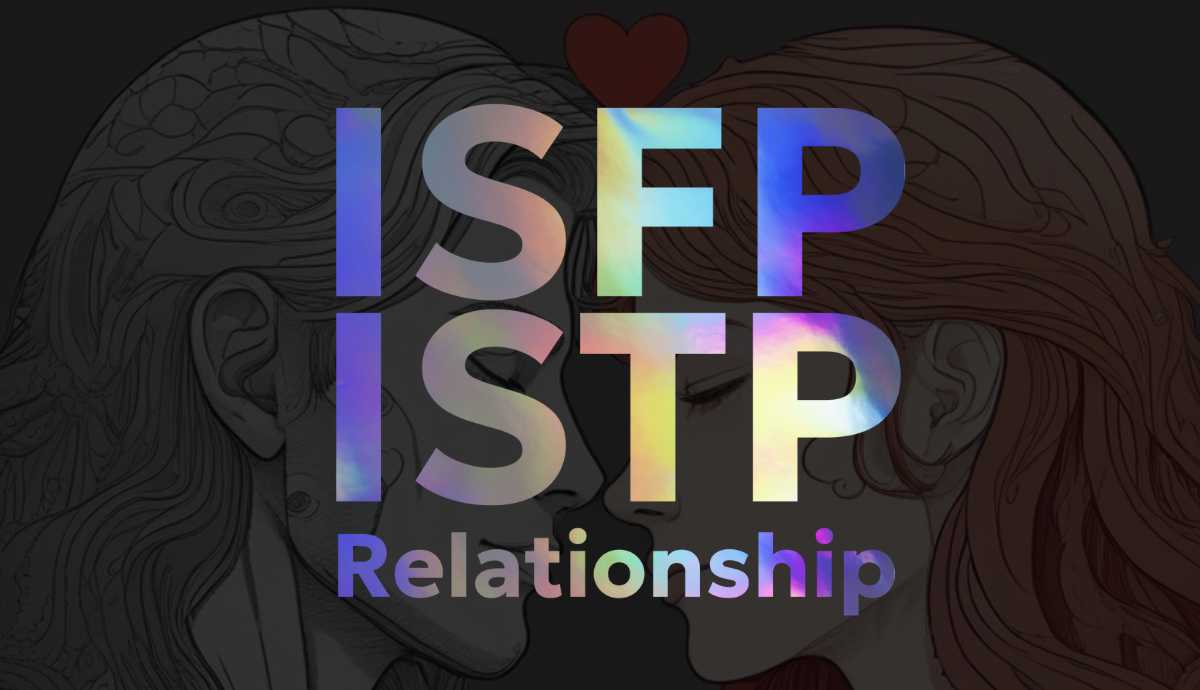The mystique of the serial killer is one that is both enthralling and horrifying. Scott A. Bonn, author of “Why We Love Serial Killers: The Curious Appeal of the World’s Most Savage Murderers” has explored the public’s odd fascination with these predatory monsters. In an article published on Psychology Today, he explains “The total disregard for life and the suffering of others exhibited by serial killers shocks our sense of humanity and makes us question our safety and security.” Serial killers unnerve us because history has shown that they could be anyone and strike at anytime. The predatory nature of the serial killer taps into our most primal fears and yet at the same time piques our morbid curiosity. It seems that there is something in our innate desire to identify and empathize that compels us to want to try and understand why someone would commit the brutal acts serial killers are known for.
Hollywood has cashed in on the appeal of serial killers with characters like Hannibal Lector, Patrick Bateman, Michael Myers and Dexter. From 1995 to 2017, the horror genre has grossed an average of $19 Million per year.

The psychological traits of real serial killers
There is no particular personality trait or type associated with being a serial killer. The critical factors behind the formation of a cold-blooded killer are largely attributed to a confluence of sociological pressures, psychological predispositions, and traumatic events experienced during childhood. The warning signs of a potential killer lie in traits categorized within the spectrum of personality disorders and not neurotypical personalities. During their youth, many serial murderers engaged in sadistic behavior such as arson and torturing animals. They often come from broken and abusive households and exhibit severe anti-social behavior.
Serial killers display characteristics consistent with both psychopathy and sociopathy. Psychopaths and sociopaths are both impulsive, sensation-seeking, prone to violent outbursts, control-seeking and experience little to no empathy for others. 31% of serial killers are motivated by lust, power, and thrill-seeking. They exhibit a cavalier disregard for societal mores, laws and the rights of others. Although the terms “psychopath” and “sociopath” have been used interchangeably in the past, psychologists have drawn clinical distinctions between the two. While both types experience diminished capacity for empathy and remorse (due to an under-active amygdala), sociopaths are still capable of showing limited empathy for select persons close to them. These individuals are often chameleons capable of maintaining a double life. They can sustain the illusion of normalcy with a functional family and social life that belies their cold-blooded nature. Sociopaths are believed to be created through childhood trauma whereas psychopaths are considered to be innately the way they are.
Types of serial killers
What personality type is most likely to be a serial killer?
So from a Myers Briggs point of view, which personality type is most predisposed to psychopathy/sociopathy or shows the most psychopathic/sociopathic characteristics? Because serial killers can be either highly calculating or spontaneously impulsive, they could conceivably be a judging or perceiving type. However, the typical serial killer exhibits a sensing and thinking preference. The sensation and stimulus seeking aspect of psychopaths and sociopaths is a big part of their criminal motivations and so extroverted sensing has to be in their 1st or 2nd function. This would corner them as a perceiving type and basically makes ISTP and ESTP the most tenable candidates for psychopathic/sociopathic potential.
Introverted thinking further jibes with the impersonal logic employed by the un-empathetic and anti-social sociopath. Sociopaths however are able to present the appearance of humanity in public and can blend with the rest of the populace to avoid detection. It makes sense therefore that ISTP and ESTP have extroverted feeling in their stacks (inferior and tertiary respectively). These types are not feeling-based personalities but are able to fall back on or access Fe to be socially engaging and charismatic if needed. Sociopaths are skilled manipulators and although they don’t feel much in the way of empathy or remorse, they do have the capacity to mimic it and learn social cues that they can emulate to gain the trust of others.
There is an interesting post that you can read here that further discusses this topic.
And here is a forum thread discussing the mbti types of serial killers.
related posts:
- Which MBTI type is Jordan B. Peterson?
- Which MBTI Type Is Most Likely To Cheat?
- How Bossy You Are Based on MBTI Type
- What Each MBTI Type Is Like As A Friend
- How Each Myers Briggs Type Deals With Grief
- The Arch Nemesis of Each MBTI Type
Want to know your astrology placements? You can generate your astrology chart here with our free birth chart generator tool.
- American Presidents Ranked By Zodiac Sign - January 20, 2025
- ESTP and ESFP in love: 6 Dynamics of Their Relationship - September 4, 2024
- ISFP and ISTP in love: 5 Dynamics of their Relationship. - August 28, 2024





